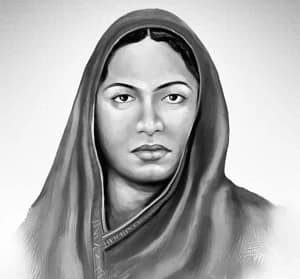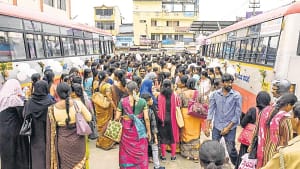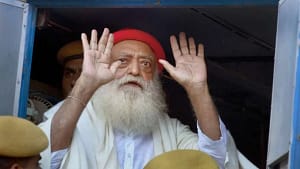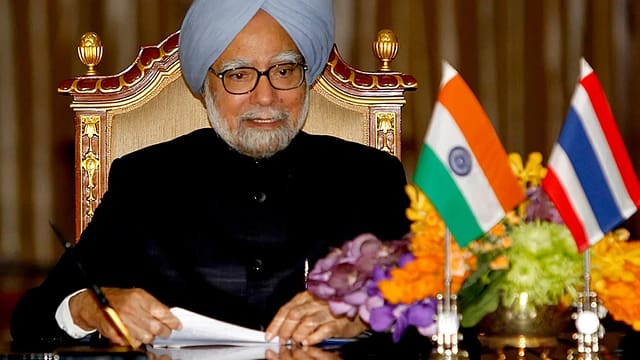Tamil Nadu Chief Minister MK Stalin has launched a scathing critique of the BJP-led Union government’s push for the “One Nation, One Election” policy, labeling it anti-federal and a potential threat to India’s democratic framework. Stalin’s remarks come as the controversial proposal continues to spark widespread debate across the nation.
In a post shared on X, MK Stalin accused the BJP of attempting to centralize power under the guise of electoral reform, warning that the policy could dismantle India’s federal structure and diversity. “INDIA will resist the anti-federal & impractical ‘One Nation, One Election’ as it will push the country into the perils of a unitary form of governance, killing its diversity and democracy in the process,” he wrote.
Allegations Against Presidential Governance Goals
MK Stalin alleged that the BJP’s underlying motive is to transition India to a Presidential form of governance, contrary to the parliamentary system enshrined in the Indian Constitution. He asserted that the proposal, if implemented, could eliminate periodic state elections, thus eroding regional representation and weakening the democratic process.
The Tamil Nadu Chief Minister further emphasized the importance of staggered elections, which he described as a constitutional safeguard ensuring checks and balances in governance. He warned, “The proposed bill, if passed and implemented, will remove the legal checks and balances put in place… to prevent the country from slipping into anarchy and totalitarianism.”
Call for United Opposition
Stalin urged all democratic forces to come together and resist the BJP’s proposal, describing it as an attack on India’s federalism and constitutional ethos. He stated, “All the democratic forces must unite & fight tooth and nail against this abomination imposed in the garb of electoral reform, to save India, its diversity, and the Constitution.”
The DMK leader reiterated his stance, calling the policy “draconian” and “impractical.” He argued that the move undermines regional voices, disrupts governance, and diminishes federalism. “This anti-democratic proposal will erase regional voices and destroy governance. Rise up, INDIA! Let us resist this attack on Indian Democracy with all our strength,” Stalin declared.
What Is ‘One Nation, One Election’?
The “One Nation, One Election” policy proposes simultaneous elections for the Lok Sabha and State Assemblies. Advocates argue it could streamline governance, reduce election-related expenses, and minimize political disruptions caused by frequent polls. Currently, India follows a staggered electoral system, allowing state and central elections to occur at different intervals.
However, critics, including Stalin, argue that the policy is fundamentally anti-federal. They contend that holding simultaneous elections risks overshadowing local issues, diluting regional representation, and concentrating excessive power in the central government.
Bill Postponed Amid Opposition
The government recently deferred the introduction of the ‘One Nation, One Election’ bill, which was initially scheduled for discussion on December 16. The Constitution (129th Amendment) Bill and the Union Territories Laws (Amendment) Bill were removed from the Lok Sabha agenda following opposition backlash.
Stalin’s Broader Critique
Stalin’s criticism forms part of a larger chorus of opposition voices who argue that the policy undermines India’s democratic ethos. By eliminating the frequency of elections, they believe the move could disrupt India’s delicate balance of power between the Centre and states.
As the debate intensifies, all eyes remain on the government’s next steps and the response from opposition leaders, who have vowed to oppose the proposal at every turn.
This news report is curated with insights from multiple reliable news sources.



















